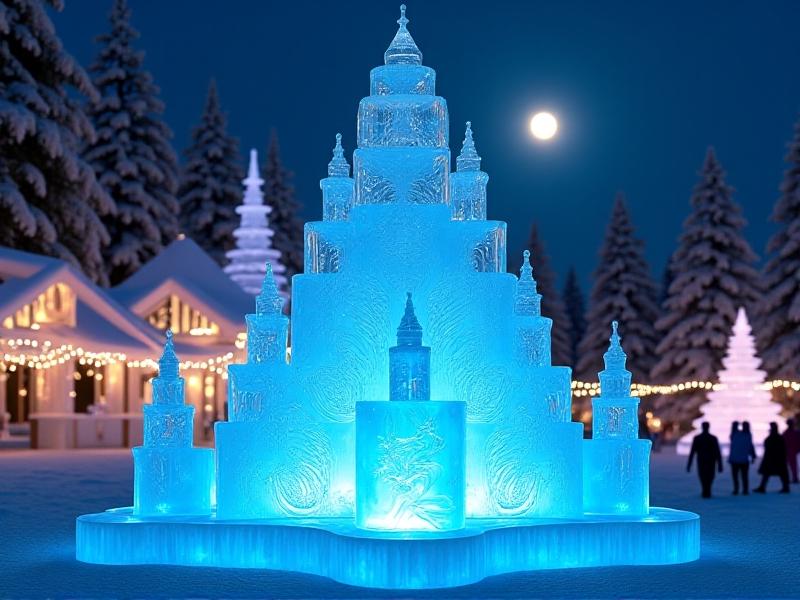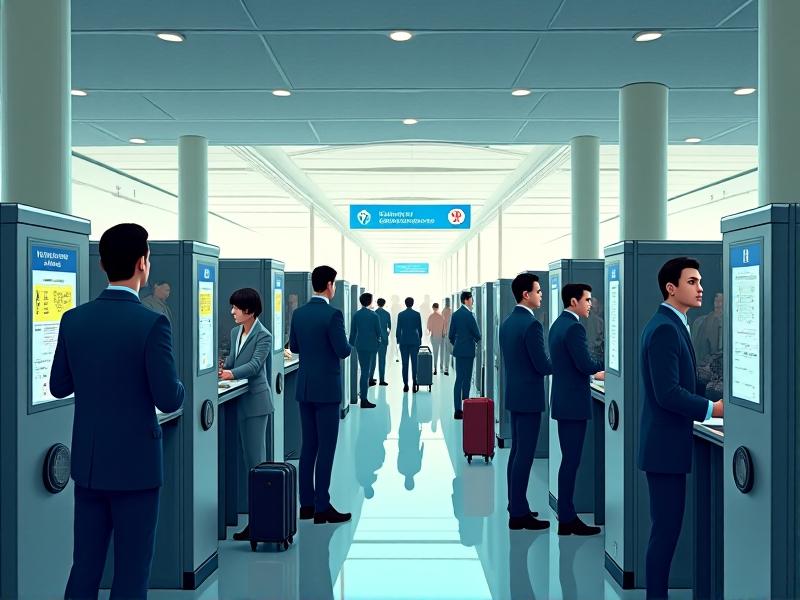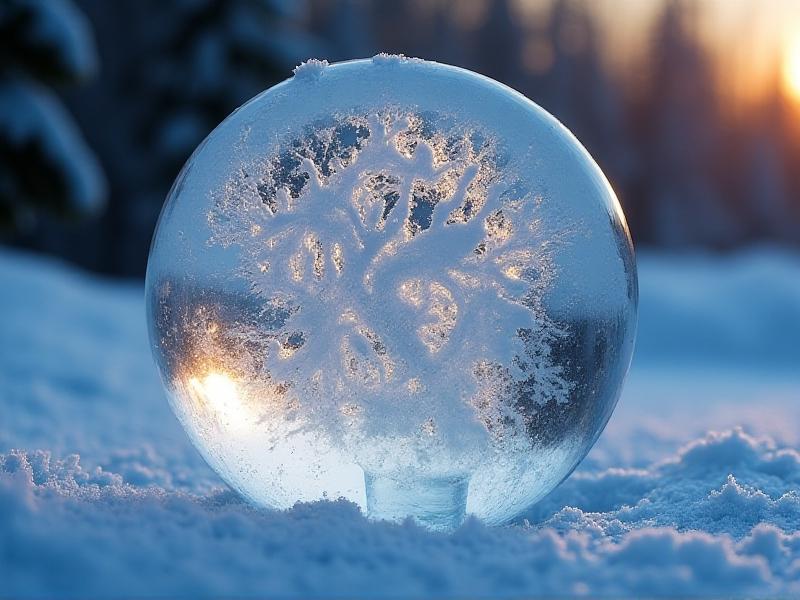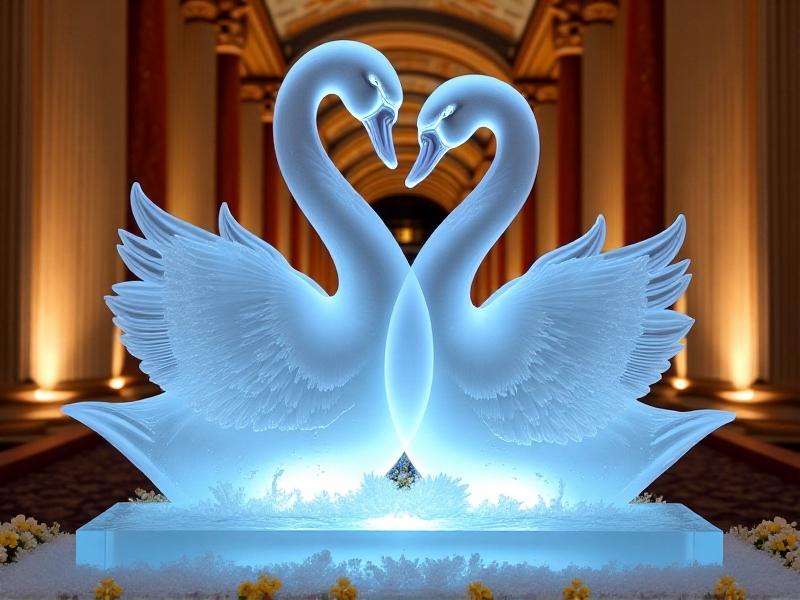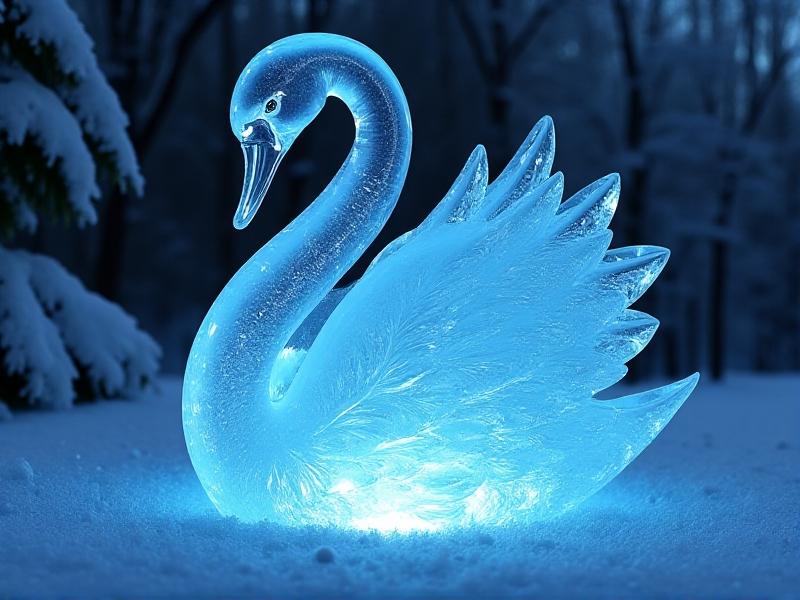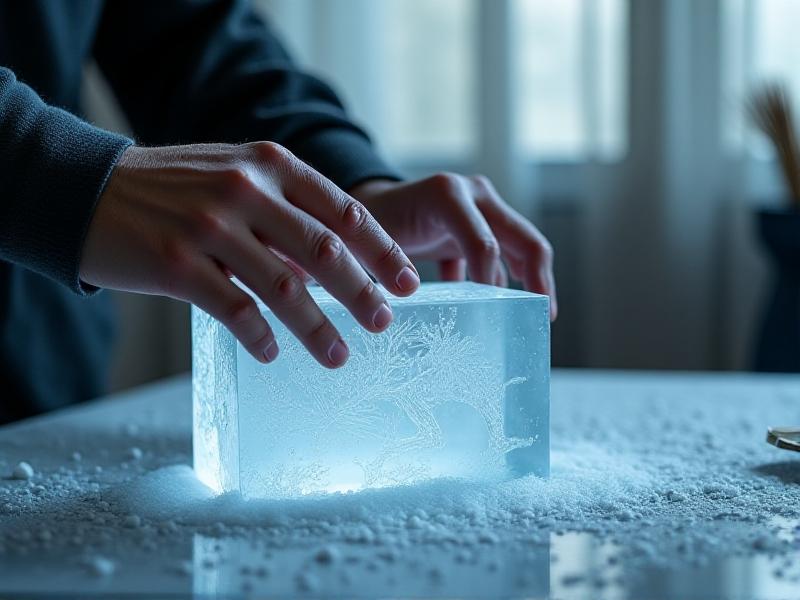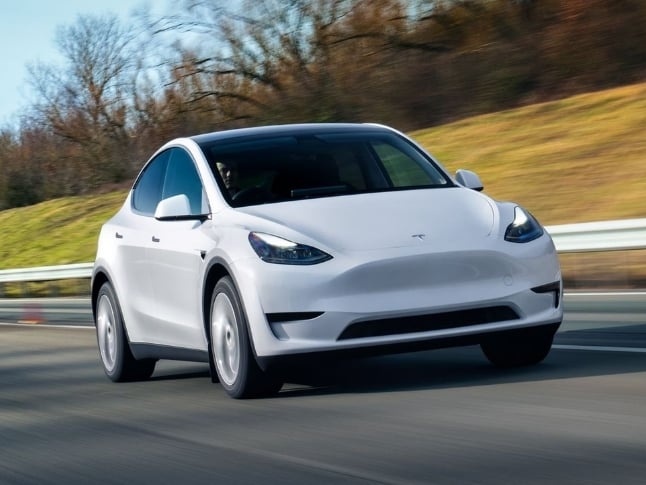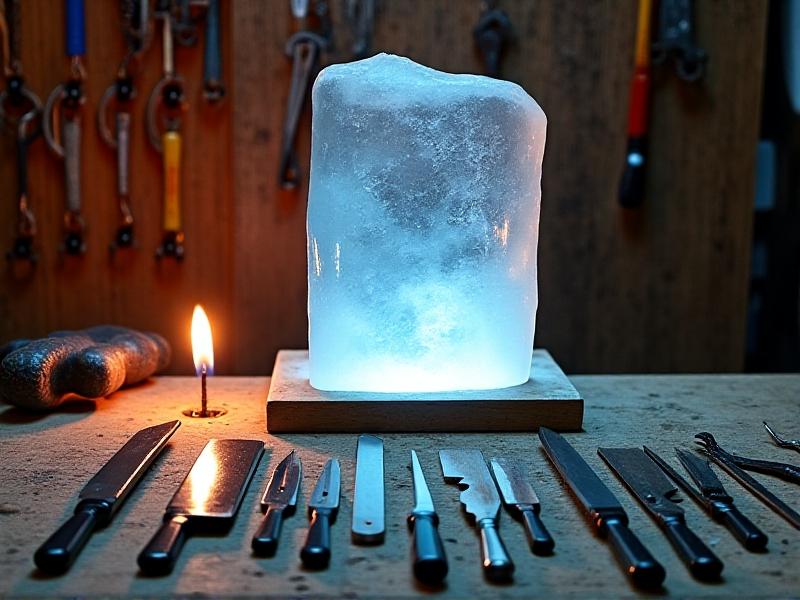LED Lighting Effects Without Heat Compromise
The Evolution of LED Lighting: A Cool Revolution
LED lighting has transformed the way we illuminate our spaces, offering energy efficiency, longevity, and versatility. Unlike traditional incandescent bulbs, LEDs produce light without generating excessive heat, making them a safer and more sustainable choice. This innovation has paved the way for creative lighting effects without the risk of overheating or energy waste. From residential homes to commercial spaces, LEDs have become the go-to solution for modern lighting needs.
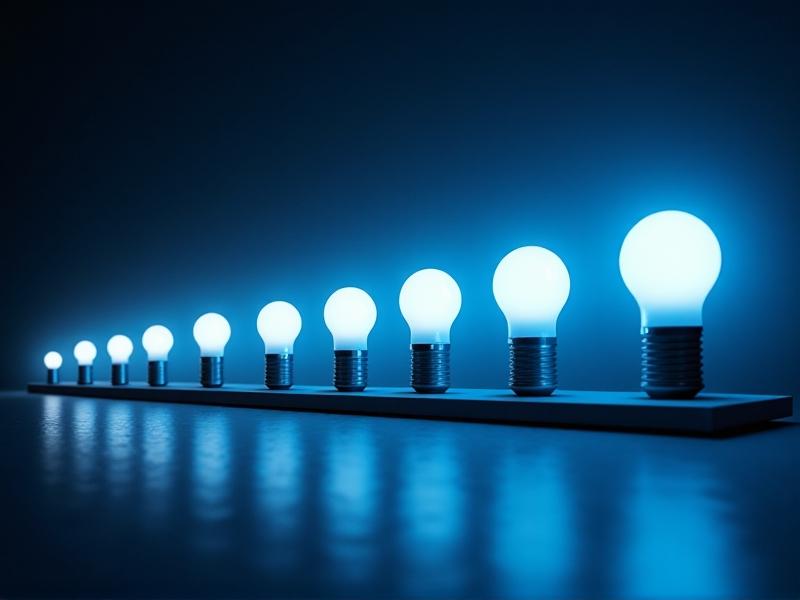
How LEDs Minimize Heat Output
Traditional lighting solutions, such as incandescent and halogen bulbs, convert a significant portion of energy into heat rather than light. In contrast, LEDs use semiconductor technology to produce light efficiently, with minimal heat generation. This is achieved through electroluminescence, where electrical currents pass through a microchip, illuminating tiny light sources called LEDs. The result is a cooler operating temperature, reducing the risk of burns or fire hazards and making LEDs ideal for prolonged use.
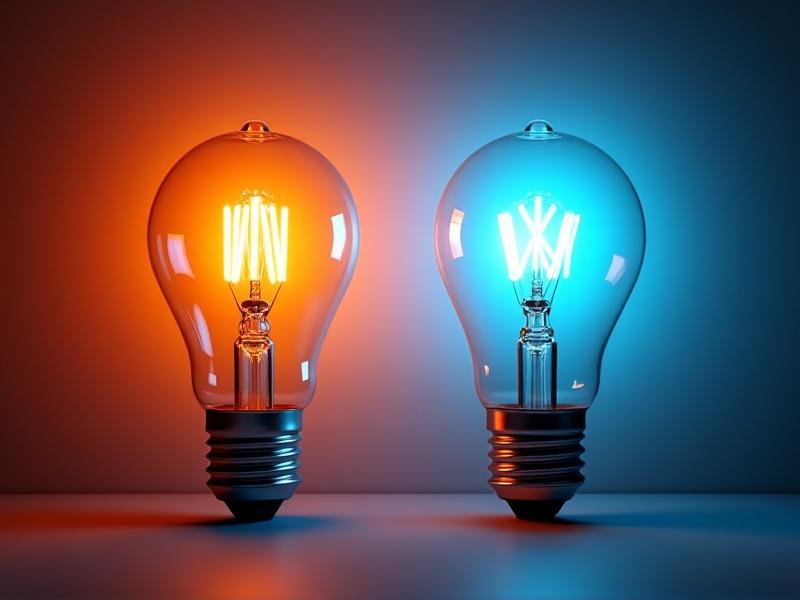
Creative Lighting Effects with LEDs
One of the most exciting aspects of LED technology is its ability to create stunning lighting effects without compromising on safety or energy efficiency. From color-changing RGB LEDs to dynamic patterns and dimmable options, LEDs offer endless possibilities for customization. Whether it’s accent lighting for a cozy living room or vibrant displays for events, LEDs can transform any space into a visual masterpiece. The absence of heat also allows for innovative designs, such as LED strips embedded in furniture or ceilings.
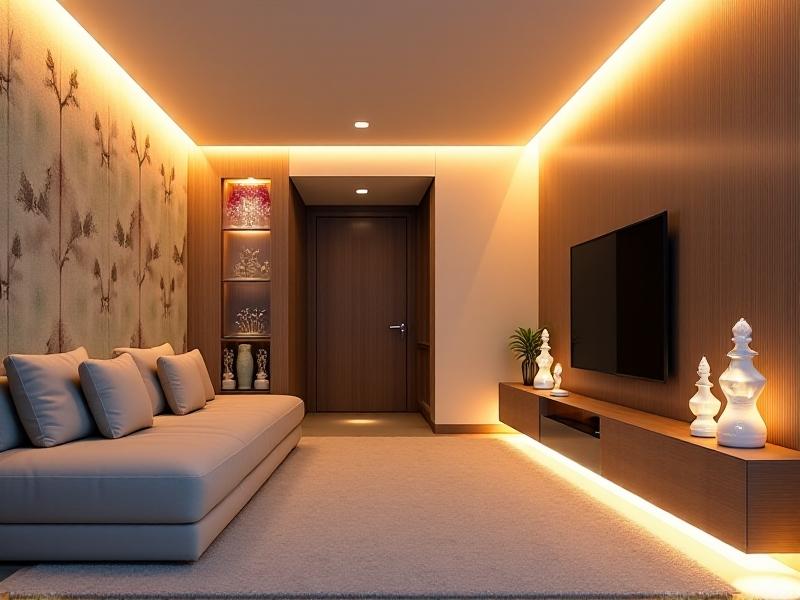
Energy Efficiency and Environmental Impact
LEDs are not only cool to the touch but also environmentally friendly. They consume up to 90% less energy than traditional bulbs, significantly reducing electricity bills and carbon footprints. Additionally, their long lifespan means fewer replacements, leading to less waste. By choosing LEDs, consumers can enjoy innovative lighting effects while contributing to a greener planet. This dual benefit of energy efficiency and sustainability makes LEDs a smart choice for eco-conscious individuals and businesses.
Applications of Heat-Free LED Lighting
The heat-free nature of LEDs has expanded their applications across various industries. In art galleries, LEDs protect delicate artworks from heat damage while providing optimal illumination. In retail, they enhance product displays without overheating merchandise. LEDs are also widely used in outdoor settings, such as gardens and pathways, where safety and durability are paramount. Their versatility and reliability make them suitable for both functional and decorative purposes.
Future Trends in LED Technology
As LED technology continues to evolve, we can expect even more advanced features and applications. Smart LEDs, integrated with IoT devices, allow users to control lighting remotely and create personalized experiences. Innovations in materials and design are also pushing the boundaries of what LEDs can achieve, from ultra-thin flexible panels to holographic displays. The future of LED lighting promises greater efficiency, creativity, and integration into our daily lives, all without the heat compromise of traditional lighting.
Choosing the Right LED Lighting for Your Needs
With so many options available, selecting the right LED lighting can seem overwhelming. Consider factors such as brightness, color temperature, and compatibility with existing fixtures. For creative effects, look for RGB or tunable white LEDs. For energy savings, opt for high-efficiency models with low wattage. Consulting with a lighting expert can help you make informed decisions and achieve the perfect balance of functionality and aesthetics. Remember, the right LED lighting can enhance your space without the drawbacks of heat.
Maintaining and Maximizing LED Lifespan
While LEDs are known for their durability, proper maintenance can further extend their lifespan. Avoid exposing LEDs to extreme temperatures or moisture, as these can affect performance. Regularly clean fixtures to prevent dust buildup, which can dim the light output. Investing in quality LEDs from reputable brands ensures reliability and longevity. By taking these simple steps, you can enjoy the benefits of LED lighting for years to come, without the need for frequent replacements.
LED Lighting: A Bright Future Ahead
LED lighting has revolutionized the way we think about illumination, offering unparalleled efficiency, safety, and creativity. By eliminating the heat compromise of traditional lighting, LEDs have opened up new possibilities for design and functionality. As technology advances, we can expect even more innovative solutions that push the boundaries of what lighting can achieve. Whether for homes, businesses, or public spaces, LED lighting is a bright choice for a sustainable and visually stunning future.
